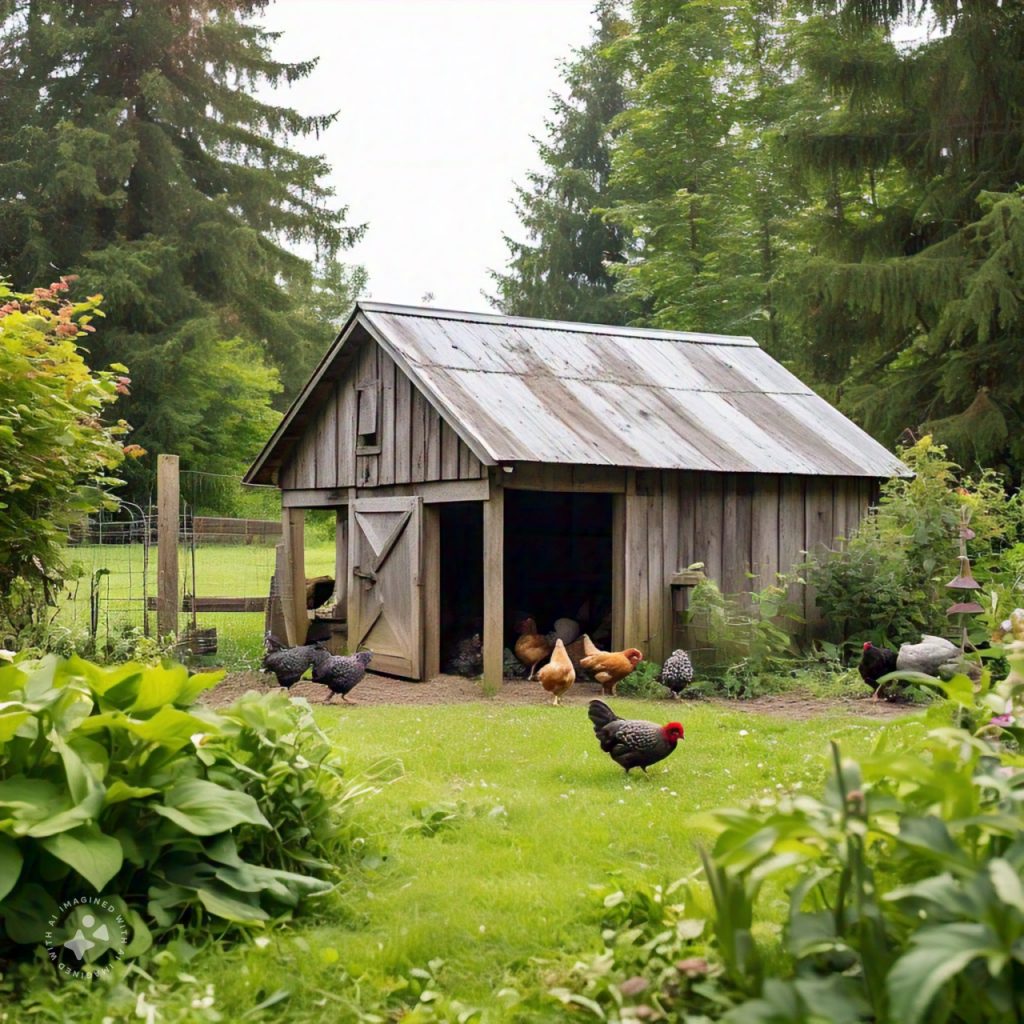Small-scale chicken farming is an excellent way to generate income while providing fresh, organic eggs or meat. Whether you’re a hobbyist or a budding entrepreneur, starting a chicken farm requires strategic planning and commitment. This guide outlines the 10 essential steps to building a profitable small-scale chicken farming business.
Step 1: Research and Plan Your Business
Before you begin, develop a detailed business plan. Key factors to research include:
- Market Demand: Determine if there’s a need for eggs, meat, or both in your area.
- Local Regulations: Familiarize yourself with zoning laws, health regulations, and licensing requirements.
- Budget: Calculate the startup and operational costs for your farm.
Your plan should outline business goals, target customers, and revenue projections.
Step 2: Choose the Right Breed
The success of your chicken farm depends on selecting the appropriate breed for your purpose:
- Egg-Laying Breeds: Rhode Island Red, Leghorn, and Sussex are prolific layers.
- Meat Breeds: Cornish Cross and Broiler Chickens grow quickly and yield tender meat.
- Dual-Purpose Breeds: Orpingtons and Plymouth Rocks are ideal for both eggs and meat.
Choose breeds suited to your climate and production goals.
Step 3: Set Up Proper Housing
A well-designed coop ensures the health and safety of your flock. Consider:
- Size: Provide at least 2-3 square feet per chicken inside the coop and 8-10 square feet in the run.
- Ventilation: Maintain airflow to reduce moisture and ammonia buildup.
- Nest Boxes: Provide one nest box for every 3-4 hens to encourage egg-laying.
- Security: Protect the coop from predators using sturdy materials and secure locks.
Step 4: Equip Your Farm with Essentials
Invest in quality equipment to support efficient operations:
- Feeders and Waterers: Ensure consistent access to clean food and water.
- Heat Lamps: Essential for brooding chicks.
- Perches: Provide space for roosting, as chickens prefer to sleep off the ground.
- Litter/Bedding: Use materials like straw, wood shavings, or sand to keep the coop clean.
Step 5: Source Healthy Chicks or Chickens
Purchase chicks from reputable hatcheries or breeders to ensure they are healthy and vaccinated. If starting with adult chickens, quarantine them for 2-3 weeks to prevent disease transmission.
Step 6: Provide Proper Nutrition
Feed is one of the most significant costs in chicken farming, but it directly impacts productivity.
- Starter Feed: High in protein (18-20%) for chicks.
- Grower Feed: Moderate protein (16-18%) for growing chickens.
- Layer Feed: Calcium-enriched feed for egg-laying hens.
- Supplements: Offer oyster shells or grit for calcium and digestion.
Step 7: Maintain Health and Hygiene
Healthy chickens are more productive and profitable. Implement these practices:
- Vaccinate: Protect against common diseases like Newcastle Disease and Marek’s Disease.
- Clean Regularly: Remove droppings, replace bedding, and disinfect equipment periodically.
- Monitor Health: Watch for signs of illness such as lethargy, reduced appetite, or abnormal droppings.
Step 8: Market Your Products
A solid marketing strategy is essential for profitability.
- Egg Sales: Market eggs as organic, free-range, or farm-fresh to attract premium buyers.
- Meat Sales: Offer pre-orders to reduce waste and secure buyers.
- Value-Added Products: Consider selling pickled eggs, feathers, or manure for additional income.
- Online Presence: Use social media platforms to showcase your farm and connect with local customers.
Step 9: Manage Finances and Operations
Tracking your expenses and income is crucial for long-term success.
- Record-Keeping: Monitor feed costs, veterinary expenses, and sales revenue.
- Cost-Cutting: Use sustainable practices like composting manure or growing your own feed.
- Scaling: Expand your operation gradually by adding more chickens or exploring wholesale opportunities.
Step 10: Prioritize Sustainability and Ethics
Consumers value ethically produced food. Adopt sustainable practices to build trust and loyalty:
- Free-Range Practices: Allow chickens to roam outdoors.
- Recycling Waste: Use chicken manure as organic fertilizer for crops.
- Humane Practices: Avoid overcrowding and handle chickens with care.
Cost Breakdown for Starting a Small-Scale Chicken Farm
| Expense | Estimated Cost (USD) |
|---|---|
| Chicks or Chickens | $3–$10 per chick |
| Coop Construction | $200–$1,000 (DIY or prefabricated) |
| Feed (Monthly) | $20–$50 per 10 chickens |
| Equipment (Feeders, Waterers, etc.) | $50–$200 |
| Veterinary Costs | $50–$150 annually |
Challenges and Solutions
- Predator Attacks: Use secure fencing and locks to protect your flock.
- Disease Outbreaks: Maintain hygiene and quarantine new birds.
- High Feed Costs: Explore alternative feed sources like kitchen scraps or forage crops.
- Market Competition: Differentiate your products with superior quality or unique branding.
Conclusion
Starting a profitable small-scale chicken farming business requires careful planning, consistent care, and a focus on quality. By following these 10 steps, you can establish a thriving operation that meets the demands of your local market while providing ethical, sustainable food.
Take the leap today and turn your passion for poultry into a rewarding business venture!

